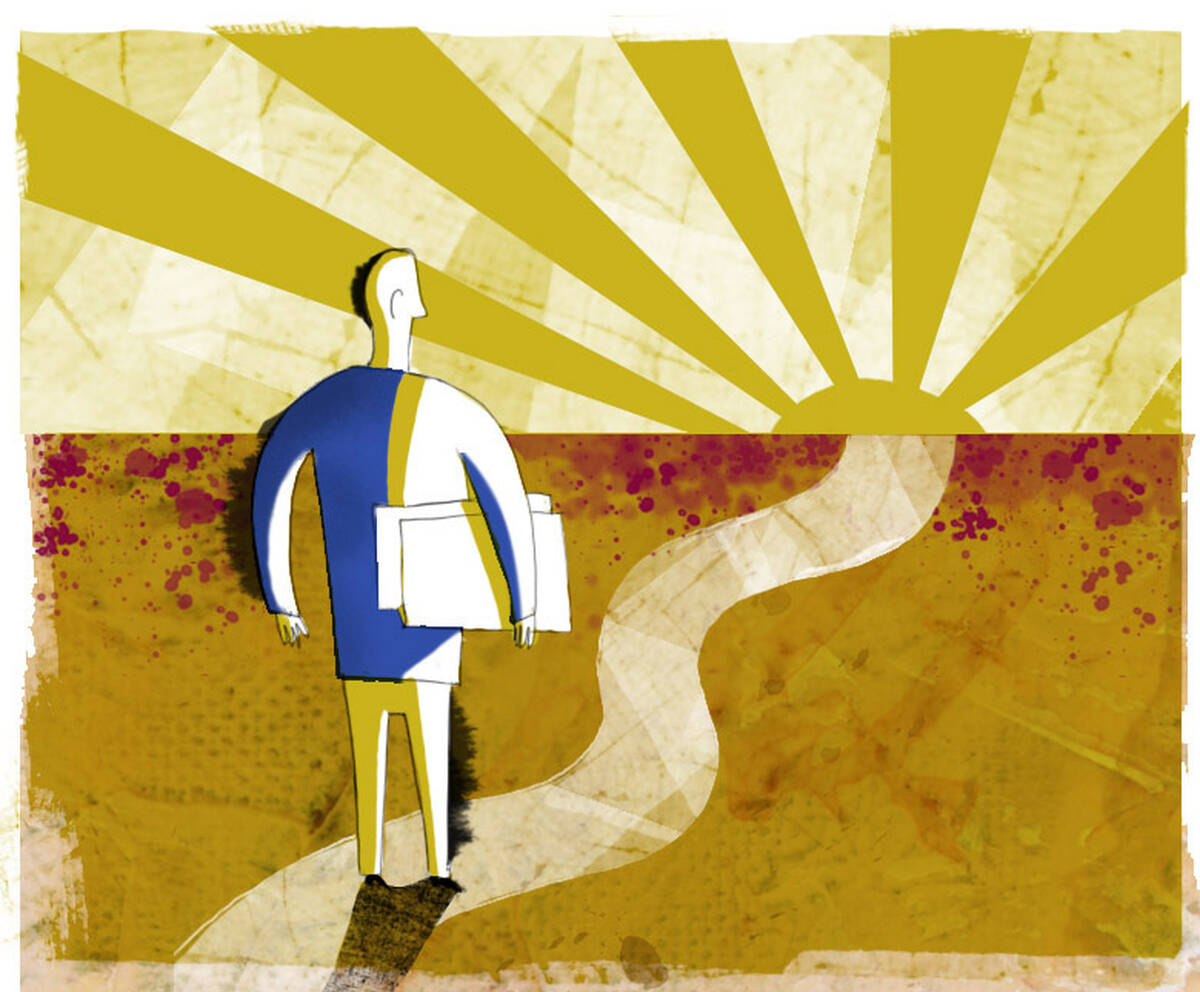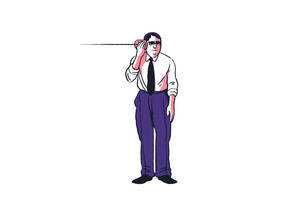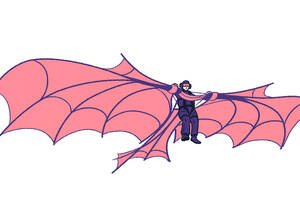Leadership May 29, 2025
The Powerful Lesson Pope Leo XIV Can Teach Leaders
Leaders across industries can learn from Pope Leo XIV’s balanced perspective.

Yevgenia Nayberg
History was made at the Vatican when the first American-born pope—Cardinal Robert Prevost, now Pope Leo XIV—was elected as the new head of the Roman Catholic Church. As a devout Catholic, I welcome the election of the 69-year-old cleric as a sign of strength and health for the church and its 1.4 billion communicants around the world. (The fact that the pope grew up in Chicago where I live, work, and teach makes it even better.)
Having practiced values-based leadership for the past 45 years and having taught my four principles of values-based leadership to MBA students and executives for the past 20 years, I see another reason to celebrate the election of Pope Leo XIV. Religion aside, the pontiff is a world leader. Although U.S.-born, he has spent much of his adult life overseas, holds American and Peruvian citizenship, and speaks English, Spanish, French, Italian, and Portuguese, in addition to reading Latin and German.
Most importantly, by most accounts, Pope Leo XIV is a centrist. As his brother John Prevost, told ABC News, “He’s not going to be real far left and he’s not going to be real far right. Kind of right down the middle.”
This is powerful evidence that the new pope embodies the values-based leadership principle of a balanced perspective. Cultivating this balance by listening to divergent views on important matters is a crucial component of my principles of values-based leadership. In today’s polarized world, where political, social, and economic divides are deepening, Pope Leo XIV’s balanced perspective makes him a powerful role model for business, political, and other secular leaders.
Signs of Centrism
Pope Leo XIV was elected on only the second day of the conclave, a fact that shows his ability to create consensus and garner support. From the moment the new pope stepped out onto the balcony at the Vatican to greet a huge crowd with an initial message of “peace be with you” to “all the people, and all the earth,” the new pope signaled his centrism.
His first appearance in the red papal vestments could be a sign that he respects the history and traditions of the Church. He also has a background in canon law and has been seen as a “moderating influence” among different factions.
At the same time, his background as a missionary and later as a bishop in Peru amplifies his concern for the poor and his views on social justice. For example, a 2020 post on social media from then-Bishop Prevost called on “leaders in the Church to reject racism and seek justice.”
Then there is his chosen name, which indicates alignment with previous Pope Leos who were known to be reformers while also preserving the strength of the Church’s traditions. For example, a Catholic bishop told CBS News the new pope’s choice of the name Leo is “very significant” and pointed to the example of Leo XIII whom he called “a great 19th century pope” at a time of political and philosophical revolution. “Leo represents a very nuanced, intelligent engagement with modernity—not caving into it, not saying yes completely, but not saying no—using the resources of our own traditions to engage modernity creatively. That makes him a bridge figure.”
If ever there was a catechism lesson for leaders, this would be it: having the will and commitment to become a bridge amid so much polarity. Centrism is not compromising to the point of abandoning one’s values or refusing to take a stand on important issues. Rather, it is the willingness to invite all sides into a dialogue to find the commonalities and create a path forward.
Pope Leo, the Self-Reflective Scholar
For any leader, secular and spiritual alike, the way to develop a balanced perspective is to engage in self-reflection, which is my foundational principle of values-based leadership. The more self-aware we are about our own values, beliefs, and opinions, the better we can see where there are gaps in our understanding. In other words, we already know how we think; what we don’t know is how other people think.
The first evidence of Pope Leo XIV’s self-reflective nature is his scholarly background; after earning a degree in mathematics from Villanonva University, he studied at Catholic Theological Union of Chicago, then earned a doctorate in canon law from the Pontifical College of St. Thomas Aquinas in Rome.
Further, there is his chosen vocation—not only as a priest but as a member of the Order of St. Augustine, which he joined as a novitiate in 1977. The order, based on the teachings of St. Augustine, brings together the disciplines of contemplation and pastoral ministry.
Once again, here is a significant example for leaders. The practice of self-reflection, ideally with brief daily sessions of introspection, helps leaders to evaluate how they are living their values. For those who are so inclined, combining daily self-reflection with meditative experiences such as attending retreats invites contemplation of deeper spiritual or existential questions. For example, for more than 40 years, I have participated in a yearly three-day silent retreat with the Jesuits in Minnesota.
True Self-Confidence and Genuine Humility
To round out the picture of Pope Leo XIV as a values-based leader, we look at the last two of my principles: true self-confidence and genuine humility. Without question, the pontiff—whose election came as a surprise (he reportedly had not been seen as a frontrunner)—is a person with quiet, reserve, and true-self-confidence. As he told cardinals in his homily while celebrating his first mass as pope, “You have called me to carry the cross and to be blessed with that mission. And I know I can rely on each and every one of you to walk with me.”
Equally important, he appears to possess the genuine humility that allows us to appreciate him as a person, not just the position he occupies. Louis and John Prevost offered glimpses of the younger brother they call “Rob,” describing him as “smart as a whip,” down to earth, and with a good sense of humor. While the other kids in the neighborhood were playing outside, the youngest Prevost brother would “play priest,” using the ironing board as the altar. As Louis Prevost recalled, “We used to tease him all the time—you’re going to be the pope one day. Neighbors said the same thing. Sixty-some years later, here we are.”
A Pope for Our Times
At a time of polarity within society as well as our institutions, we need more leaders who know how to extend both a willingness to listen and a hand of friendship. Although Pope Leo XIV’s papacy is only a few days old, there is great hope that this U.S.-born, internationally minded pontiff will have a positive impact around the world. His example just might give other leaders the courage to stand up for their values, while not excluding others.
*
This article originally appeared in Forbes.



